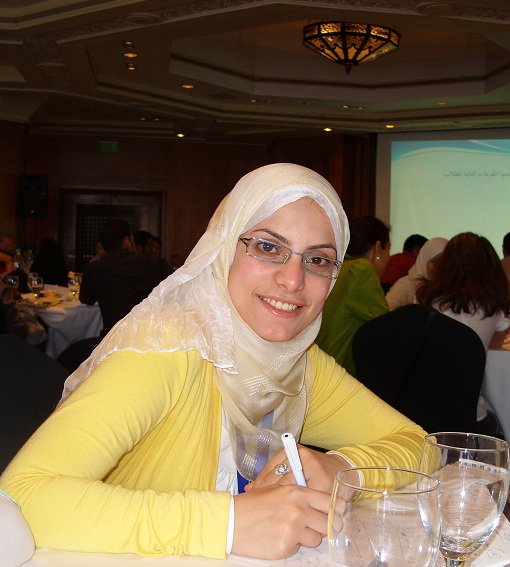Asmaa Hassaneen is currently a guest researcher at FMSP.
Homeland, One Journey, Two Paths
Space and Affect in the Travelling Memory of Palestine in Two Family Sagas
June 22, 6:15 pm CET
online via Zoom
Register via e-mail in order to receive the Zoom link: hiwi.erll@gmail.com
Abstract:
This paper is part of a larger project about Palestinian Memory. My project offers a close study of the Palestinian family saga as a genre and as a medium of the travelling collective memory of Palestine. One of the project’s aims is to construct a definition of what might constitute a Palestinian saga as an emerging genre that relies, almost solely, on memory; and where memory is to be seen as the main reason behind writing such sagas, as well as being its means towards constructing and acknowledging the Palestinian collectivity, and Palestine. The two texts discussed in this article, Susan Abulhawa’s Mornings in Jenin (2006), and Radwa Ashour’s The Woman from Tantoura (2010), are two examples of a Palestinian saga where the affective relation between space and memory is brought to light via the two different spatial and social collective milieus to which the two authors, and their texts, belong. The different geographical positions of the two authors affect the construction of the journey of the two female protagonists, Amal (Jenin) and Ruqayya (Tantoura), and their connection to their shared homeland, Palestine, in a way that brings forward the relation between space, affect, and memory. Through a reading of Halbwachs’s theorization of how space becomes territorialized by collective memory, the paper discusses how the intersection between place and memory affects how each author chooses to remember Palestine.



